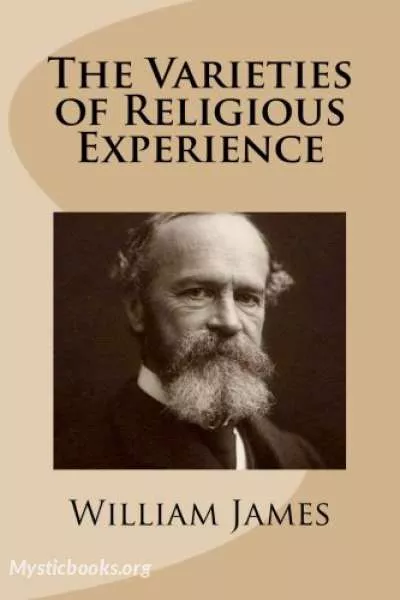
The Varieties of Religious Experience
'The Varieties of Religious Experience' Summary
The book has 14 chapters covering 20 lectures and a postscript.
Lecture I. Religion and Neurology.
In this first lecture, James outlines the scope of his investigation. Neither a theologian nor a historian of religion, James states that he is a psychologist and therefore his lectures will concern the psychology of religious feelings, rather than the institutions of religion. This further limits his enquiry to religious phenomena that have been articulated and recorded by individuals, limiting his study to either modern writers or sources from history which have become classic texts. James then distinguishes between questions concerning something's origin and its value, insisting that his purpose is to understand the origin of religious experiences and not to pass judgement on their value. This means that if James finds some material or natural cause of religious experience in his study, this should not lead anyone to conclude that this undermines their religious or spiritual value.
Lecture II. Circumscription of the Topic.
In his circumscription of the topic, James outlines how he will define religion for the sake of the lectures. Religious institutions are found wanting in this regard since they are not primary but rather depend on the private religious feeling of individuals, especially those of the founders of such institutions. James thus defines the essence of religion as "the feelings, acts, and experiences of individual men in their solitude, so far as they apprehend themselves to stand in relation to whatever they may consider divine". He then distinguishes religion from moral or philosophical systems such as Stoicism which also teach a particular way or living, arguing that religion is distinguished by the presence of a sentiment which gladly assents to it. Religion is thus that which combines a moral system with a particular positive sentiment.
Lecture III. The Reality of the Unseen.
James begins his third lecture by noting that all states of mind involve some kind of object but that religious experiences involve an object which cannot be sensibly perceived. This ability to be aware of insensible objects in the mind, such as being aware of a presence in the room, is an ability particular to human beings. These experiences are sometimes connected with religion but not always, and James insists that they are not at all unusual. For those who have had such experiences, they are irrefutable and no rational argument will dissuade someone of their reality, even if the subject cannot explain or answer for the experience themselves.
James criticizes the rationalistic and scientific approaches, which would question these experiences, as being rarely convincing in the sphere of religion: rational arguments about religion are compelling for someone only if they already believe the conclusion. This is just a fact of human psychology for James, not a value judgement: humans are more persuaded irrationally and emotionally than they are by reasons. James concludes his lecture by noting the different kinds of responses such experiences can elicit (joy and sorrow), the variation of which will occupy his following lectures.
Book Details
Language
EnglishOriginal Language
EnglishPublished In
1902Authors
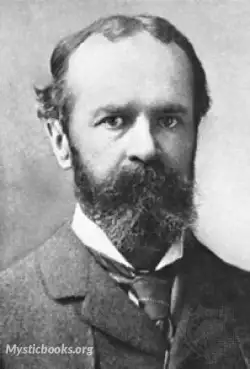
William James
United States
William James was an American philosopher, historian, and psychologist, and the first educator to offer a psychology course in the United States. James is considered to be a leading thinker of the lat...
Books by William JamesDownload eBooks
Listen/Download Audiobook
- Select Speed
Related books

Bible (Bijbel SV) NT 04: het Evangelie van Johannes by Statenvertaling
De Statenvertaling is de meest bekende Nederlandse Bijbelvertaling uit de Reformatietijd. Het is het equivalent van de Engelse King James Version. De...
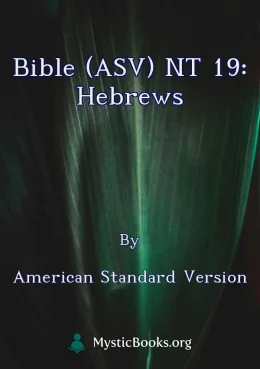
Bible (ASV) NT 19: Hebrews by American Standard Version
The Epistle to the Hebrews (abbr. Heb for citations) is one of the books in the New Testament. Though traditionally credited to the Apostle Paul, the...
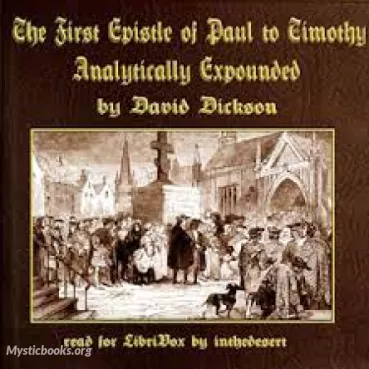
The First Epistle of Paul to Timothy, Analytically Expounde by David Dickson
Drawing readers in with scholarly finesse and a unique approach, Dickson unravels the timeless wisdom contained within these ancient verses. In this a...
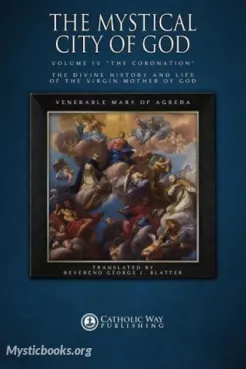
Mystical City of God, Volume 1 by Mary of Jesus of Ágreda
Step into the realm of divine revelation and embark on a celestial journey into the life of the Blessed Virgin Mary in Venerable Mary of Jesus of Ágre...
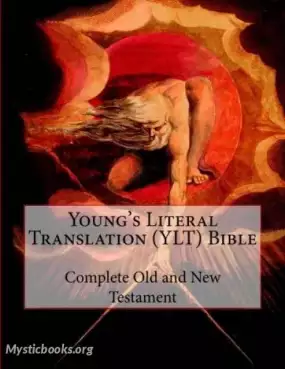
The Bible, Young's Literal Translation (YLT), New Testament by Robert Young
This Bible version tries to stay as close to the original Hebrew and Greek texts as possible. As stated in the preface to the second edition, "If a tr...
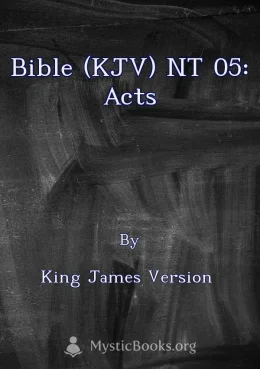
Bible (KJV) NT 05: Acts by King James Version
The Book of Acts, part of the New Testament in the King James Version, recounts the story of the early Christian church after Jesus' ascension. It chr...

First Christmas Tree by Henry Van Dyke
A heartwarming folk tale about the origins of the Christmas tree, blending pagan and Christian traditions to convey the message of hope, renewal, and...
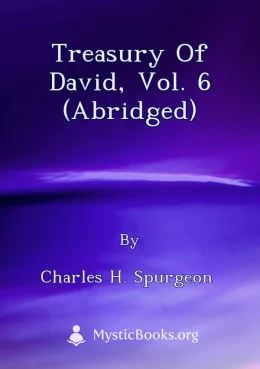
Treasury of David, Vol. 6 (Abridged) by Charles H. Spurgeon
This book is the sixth volume of Charles Spurgeon's commentary on the Psalms, covering Psalms 119 to 124. Spurgeon was a prolific author and preacher,...

The Shepherd of Hermas by Hermas
The Shepherd of Hermas is a Christian work likely from the late first half of the second century. It was considered inspired scripture by some of the...
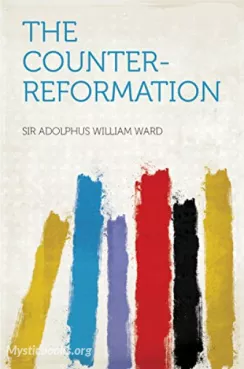
The Counter-Reformation by Adolphus Ward
It explores the period of Catholic resurgence in response to the Protestant Reformation in the 16th and 17th centuries. First published in 1910, the b...
Reviews for The Varieties of Religious Experience
No reviews posted or approved, yet...